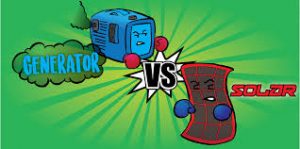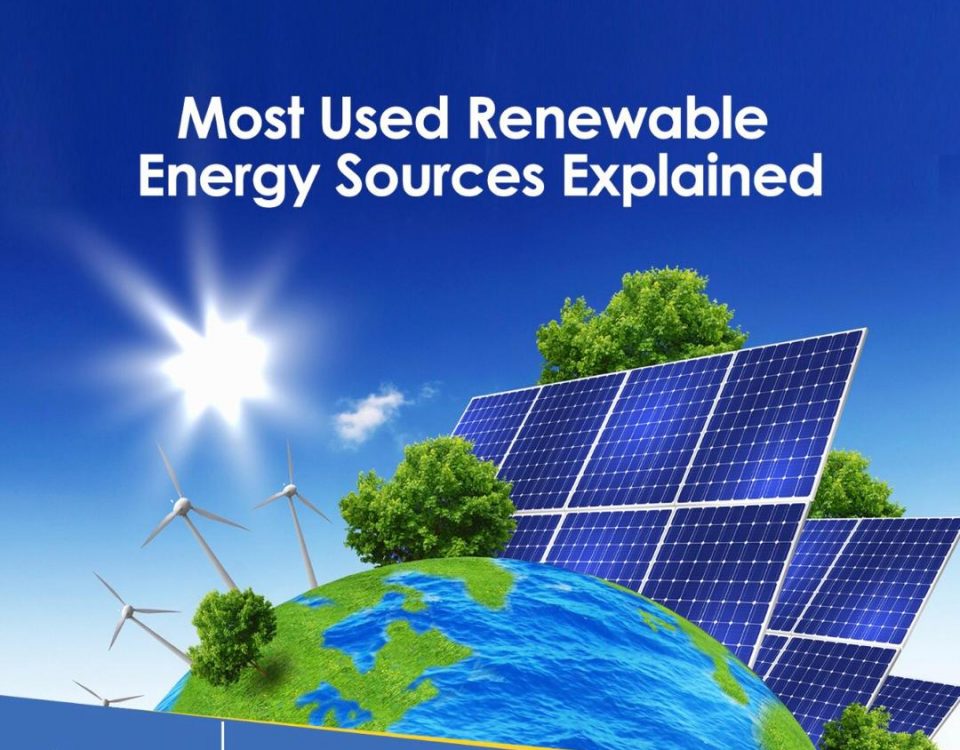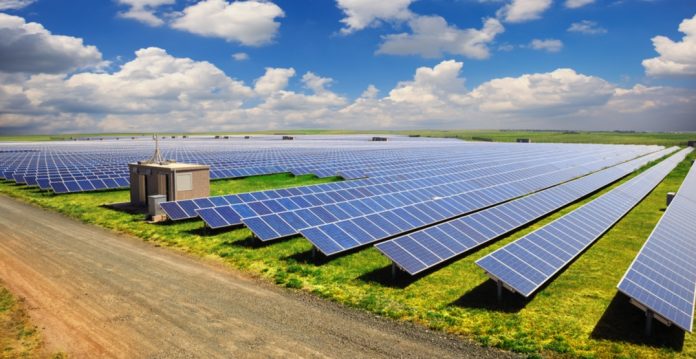WHICH IS CHEAPER-GENERATOR OR SOLAR? I

***Solar Panel Installations-Acting as agents of Beauty***
2017-11-17
How much do you know about our Solar system?
2017-11-18
While it is a fact that the low level of awareness for solar energy(and its products) is responsible for the poor demand in Nigeria, a lack of understanding of the financial implication of going solar is also another contributing factor(which is rarely being spoken of or written about)and needs to thrashed in clear terms.
In this blogpost, we will be analyzing the immediate and long term effect of purchasing solar power and what this could mean for you in-terms of cost and savings.
A typical Nigerian family needs power-especially during the early hours in the morning (for preparing the kids going to school and the parents for work) and in the evenings for – illumination, entertainment, cooling and many other reasons too numerous to mention.
In order to have electricity within the above time-frame, an average household possessing a 1.5KVA petrol generator is prepared to spend approximately *N1,000 daily for 6 hours of electricity each day. Therefore if it were to make the above expenses for 5 days in a week (minimum), the weekly expenses turn out to be N5,000 per week and N20,000 monthly. Additionally If the cost of – maintaining and repair of these generators is put at N3,000 monthly, this brings the household’s total generator expenses to N23,000.This means that the household spends N23,000 for about 120 hours of power monthly bringing its cost per KWh of electricity to N191.66k.
The above amount is an outrageously high price to pay for electricity.
This is aside the disturbance of noise produced by these generators, as well as its fumes and its negative impact on our health. Also, not forgetting to mention the cumulative effect of global warming that it also contributes and the risks arising from storing petroleum products around the house for topping them up .
Most Nigerian homes have been using these petrol generators for over two decades without realizing how much has been lost and how much could be saved by making the switch to solar energy.
To help gain a better understanding, we will now look at a better alternative to petrol generators.
Typically the cost of running a generator for 3 years is the same cost of acquiring a solar system capable of providing power (for the same electrical loads lasting 24 hours) for the next 25 years. Simply put, the cost of the getting a solar system is just borne with three (3) years of incurred generator expenses while a cost-free guaranteed power is enjoyed after- for the next 22 years.
As a matter of fact after the third year, the household is free from any cost of power coming from either their generator or solar system. This again means that the monies previously budgeted and spent on power from generators could then be used to pay school fees, purchase- clothing, furniture, rent; pay for travel/vacation or whatever the homeowner deems fit.
The ripple effect of this to the economy is that it will increase disposable income for households and stimulate effective demand-leading to more revenues for businesses and resulting in the creation of employment. On the overall, it will lead to further growth of GDP and increased per-capital income.
In our next blog post, we will be looking specifically at the financial analysis of ‘going solar’ for a business using a Filling (Petrol) station as our case study.
To be continued…
*The figures used are estimates




